
By helping countries acquire linear accelerators and train associated personnel, the international community has the opportunity to improve public health and security simultaneously.
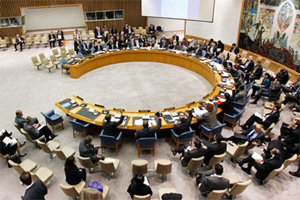
CNS deputy director recommends taking steps that could trigger sanctions for states that undermine the resolution.
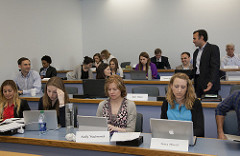
The course provides important information and skills for those who may be considering a career in safeguards.
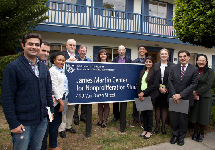
Fellows from all over the world worked in an intensive nonproliferation training program specifically tailored to the Visiting Fellows Program.
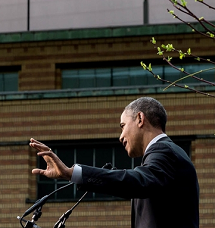
Jeffrey Lewis argues that traditional nuclear strategy for Europe is putting us all at risk of apocalyptic terrorism.
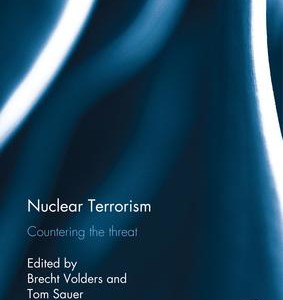
New book aims to improve our understanding of nuclear security and the prevention of nuclear terrorism.
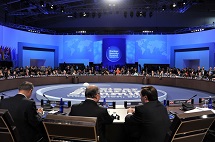
Analysis of what the Obama administration has accomplished and what remains to be done in the field of nuclear security.
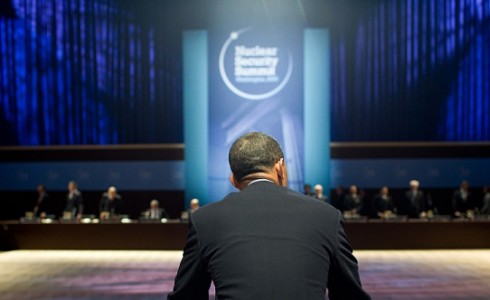
The final Nuclear Security Summit will convene in Washington, March 31, with much at stake.

A new study by Miles A. Pomper, Ferenc Dalnoki-Veress, and George M. Moore, explores how to both promote cancer therapy in developing countries and prevent radiological terrorism.